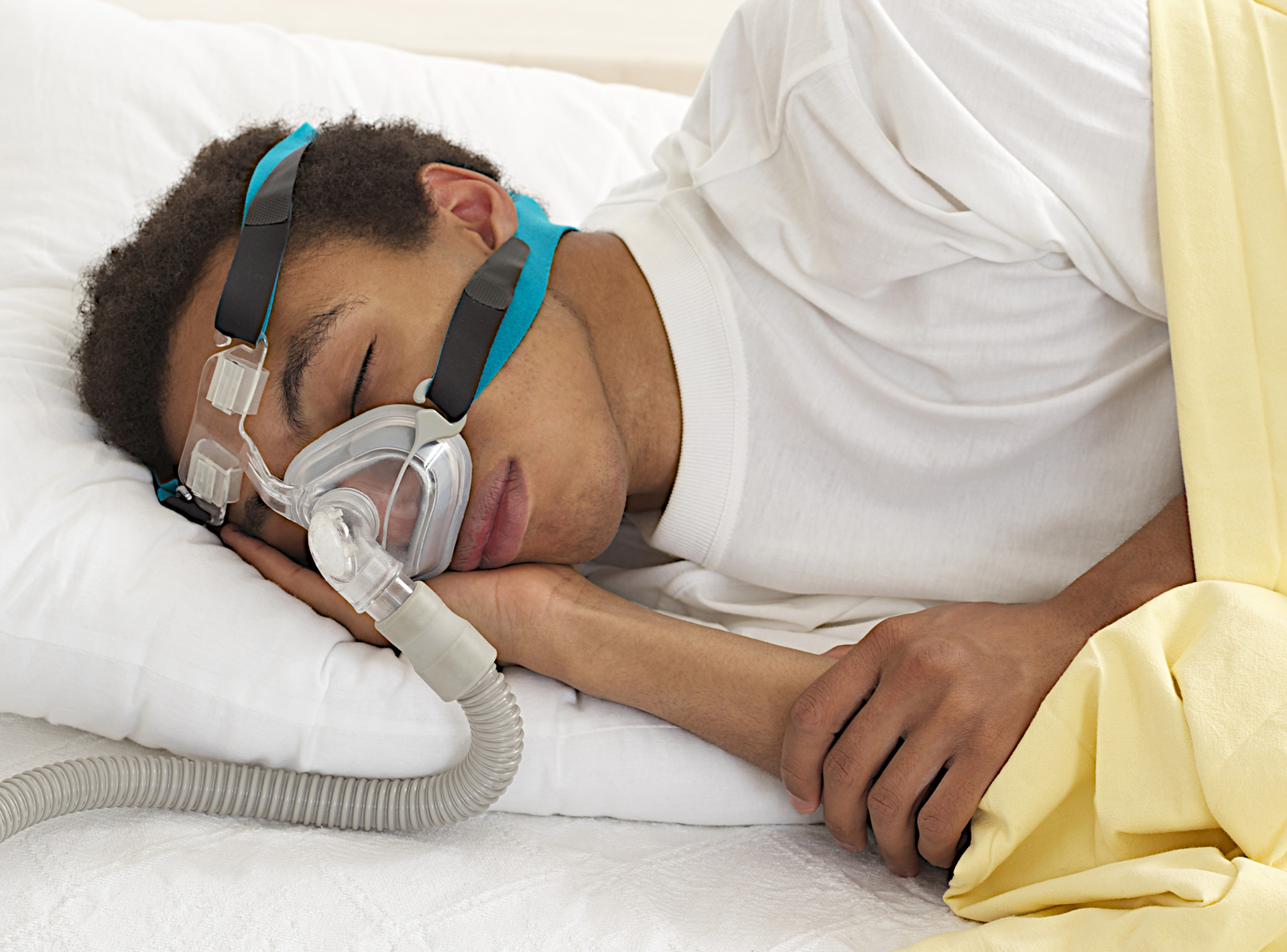 UWA is leading two clinical trials, which aim to help people suffering from sleep apnoea.
UWA is leading two clinical trials, which aim to help people suffering from sleep apnoea.
Sleep apnoea, also known as obstructive sleep apnoea, is a condition where a person has trouble sleeping due to partial or complete blockage of their throat canal, causing trouble with breathing. In some cases breathing can stop for up to 90 seconds, causing people to briefly wake up multiple times during the night.
According to a recent report that measured the prevalence of sleep apnoea among Australians, the condition ranged widely between different age groups. For example, Australians between 18–25 years of age had a prevalence of 2%, whereas those in the 26-35, 36-45 and 46-55 age brackets had a prevalence of 3.7%, 6.6% and 7.8%, respectively.
Sleep apnoea is also tightly linked to certain conditions, like obesity and is an independent risk factor for cardiovascular disease and stroke. Read more about the link between apnoea and obesity here.
The most common treatment for sleep apnoea involves the use of a machine that delivers air pressure through a mask while you sleep. The device is called Continuous positive airway pressure or CPAP. The basic idea behind this device is to provide a constant flow of air with a slightly increased pressure, which helps keep the upper airway passages open, hence preventing apnoea.
However, the CPAP system is not for everyone and a significant percentage of patients cannot manage to use it on a long-term basis.
With this issue in mind, Dr Jess Walsh, from the University of Western Australia’s School of Social Sciences, is leading the development of two clinical trials testing new ways to treat apnoea.
“Current therapies for sleep apnoea can work very well if people can tolerate them, but these potential new therapies might be a great alternative for people who struggle with existing options,” Dr Walsh said in a press release.
About the new trials
For the trials, Prof Walsh is looking for 10 volunteers (up to 75 years old) who have obstructive sleep apnoea, but who are not currently receiving any treatment.
“It is really exciting that novel treatments for sleep apnoea are being investigated. Being involved in a trial gives people the opportunity to test-run, and contribute to the development of, these cutting-edge therapies,” Dr Walsh said.
For one of the trials participants will go through a small surgery, which will implant a device that will keep their airways open. Participants are then required to place a small patch under their chin each night to stimulate the surgically implanted patch. The second trial involves a new drug, which patients would need to take over an eight-week period.
If you are interested in taking part of these clinical trials, and are not currently taking any medications or receiving treatment for your apnoea, you can contact the Centre for Sleep Science on 6488 4604 or 0447 591 894 or email sleepscience-aphb@uwa.edu.au.

